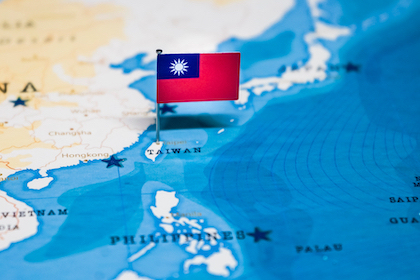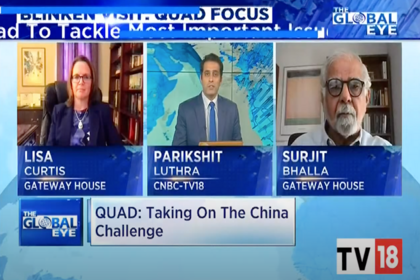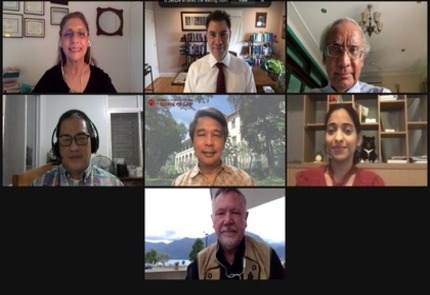Taiwan changes the Indo-Pacific balance
The notion of “peaceful reunification” of China with Taiwan has been a geopolitical fiction that has been now shredded by Beijing’s talk of taking Taiwan by force. Should Taiwan go under and much of Asia fall to Chinese hegemony, India’s interests will be as threatened as America’s, or perhaps even more.










